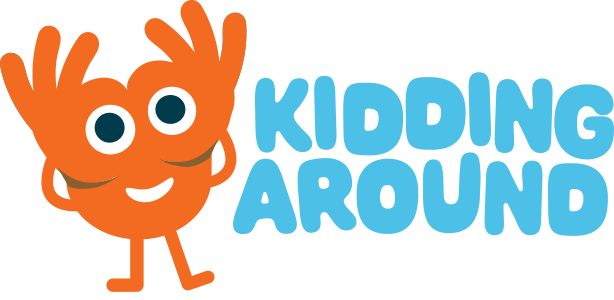Money is a big part of life, whether we like it or not, and kids understand way more than we give them credit for. It’s never too early to start talking about money and developing financial literacy with your kids. But how do you really do that?
We are partnering with Future Scholar, South Carolina’s 529 college savings plan to give you the practical steps you can take to have those conversations with your kids, even toddlers.
How to Talk About Money With Kids
Tip 1: Focus on behaviors
When we “talk about money” with our kids, I like to remember what we’re trying to encourage is a certain set of behaviors. Executive function is what allows us to filter distractions, prioritize tasks, set and achieve goals, and control impulses. The Consumer Financial Protection Bureau offers a list of what some executive function milestones might look like by age and then what the implications may be for adulthood.
For example, kids between the ages of 3-5 will begin to stay focused and complete tasks. This might lead to being able to stick to a budget or follow a shopping list. Middle childhood kids (6-12) will begin to understand delaying immediate reward for future benefit. This could lead to good saving habits.
Tip 2: Embrace conversations about money.
When I was a kid, we did not talk about money in our house. It was something that we either had or we didn’t. Finance? Savings? Payroll deductions? Negotiating salaries? WHAT?! If we don’t talk and ask questions about where money comes from, how we increase our wealth, and how to save for big expenses, our financial understanding is stunted.
Grocery shopping is a solid way to talk about money. As a family, you can develop a shopping list, talk as you shop, and explain your purchases. We spend money every day and money lessons can be found in our day-to-day activities.
And, of course, books are always a great way to launch conversations about money. Future Scholar has this really great Summer Reading List designed for kids between the ages of 3 and 8.
Tip 3: Don’t go it alone.
We live in the Information Age. If your young people are asking questions and you don’t know the answers, SOMEONE does. The Consumer Financial Protection Bureau’s Money as You Grow resource includes a list of questions your kids might ask—and they provide the answers! Gratefully, there are oodles of resources online that can serve as springboards for conversation and answer our questions.
Tip 4: Pace yourself.
There is a lot to learn about money, finance, and saving! While you might be really excited to teach your young people about compound interest or credit ratings, some concepts may be beyond the grasp of your 3-year-old. Conversations about money are not one-and-done. Rather they should be ongoing, frequent, stress-free, and age-appropriate. Just as your child grows, their understanding about money and finance will too.
Tip 5: Model good behavior.
Want to ignite curiosity and encourage certain behaviors in your kids? Make the process visible. Whether it’s comparison shopping, prioritizing needs over wants, or talking about the resources needed to care for a new pet, we can shine a light on the decisions we make about the smallest and biggest expenses.
As they grow, you can also let them see how Future Scholar is helping your family save for their education. And just like financial literacy, when families start saving early and work at it consistently, they set children up to better reach their goals. Now is a great time to see how you can maximize the benefits of saving with Future Scholar. It’s easy to get started saving. It only takes a few minutes
Learn More: Future Scholar
One of the first big expenses your child will face is college. If you’re ready to start working together as a family to plan and save for this expense, the Future Scholar website has plenty of resources to help! You can also learn more about Future Scholar on Kidding Around.











